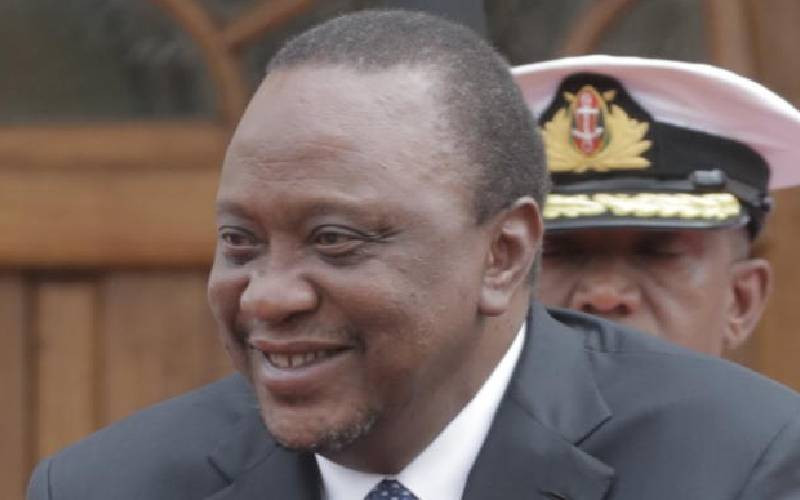
Audio By Vocalize

Virtually every commentator is a pundit on the Finance Bill 2023 and its supposed deleterious effects on the economy. Few of these "pundits" are able to give more than a cursory overview of the bill without regurgitating the spiel that condemns the bill wholesale.
Fewer still can give an explication that shows them to have read to familiarise themselves with the special issue of the Kenya Gazette Supplement that the National Assembly Bills 2023 are published. For most, their understanding of the Finance Bill is limited to the views of their favourite politician.